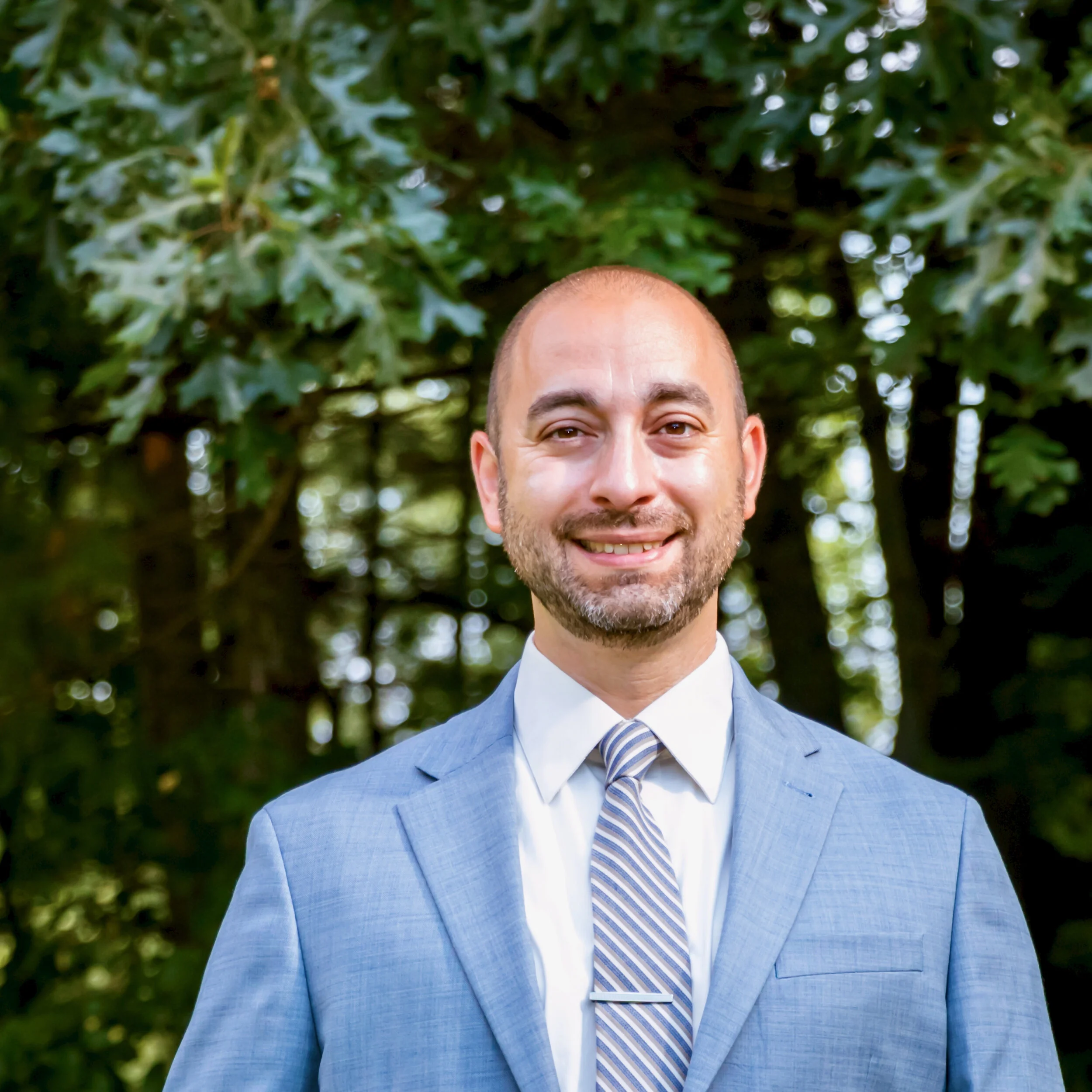Our team.
Michael J Bacotti Sr
Michael J. Bacotti Sr. is a graduate of Boston College with a BS in 2001 and later earned his PA degree from the University of Nebraska Medical Center in 2008. He served in the Army for almost 14 years as a Medic, Executive Officer, and PA.
Michael settled in New Hampshire and transitioned to social entrepreneurship. In the summer of 2021, he founded HOUSE Inc., an organization that creates drug and alcohol-free shared housing communities to help prevent homelessness and promote recovery from addiction. He currently serves as their Board Chairperson, President, and Executive Director. His ultimate goal is to help end homelessness across the United States.
Michaella L Bacotti
Michaella L Bacotti graduated from Boston College with a bachelor's degree in marketing in 2004. She later earned her MBA in Marketing from Southern New Hampshire University in 2021.
Michaella has visited many places throughout the United States and Europe, collecting valuable data on various marketplaces with distinct communities and cultures along the way. Her strong sense of compassion for those who are less fortunate is what drove her to help establish HOUSE, Inc., where she serves on the Board and acts as the Vice President, providing the organization with her greater than 15 years of marketing expertise.
HOUSE, Inc. is a nonprofit organization dedicated to providing safe living environments for individuals who are experiencing homelessness or at risk of homelessness. She is excited to make a significant impact on this issue.
Contact us if you want to help solve the problem of homelessness and join our team! Established in the summer of 2021, we have many open positions. We are looking for Board of Directors, Executives, Managers, and Volunteers!
-
Problem
Homelessness is a significant problem across many communities within the United States. Home insecurity (the threat of becoming homeless) has also developed into a substantial issue recently due to the dramatic increase in housing costs and property taxes, unemployment, COVID, mental health disease, along with the effects of the opioid crisis and alcohol addiction.
Many homeless suffer from addiction to drugs and alcohol. Some are fortunate to recover, but experience daily triggers, temptations, and cravings. Recovering addicts of some traditional temporary housing units (halfway houses, sober houses...) may be kicked out for minor indiscretions, including taking prescription or over-the-counter medications or being a minute late for a meeting. Once someone is kicked out of their home, they have little chance of keeping a job. While getting sober is a huge step, staying sober can be challenging.
Other vulnerable groups affected by home insecurity and homelessness include abused women, veterans, the elderly, individuals transitioning from prison, and foster children aged out.
Women victims of domestic abuse sometimes cannot find affordable housing and stay in unhealthy relationships. Veterans with mental health disorders may have trouble holding a job and living on their own. For elderly individuals, many remain in their own home even though it is too big to maintain as they grow older. Some elderly require medical attention, but in-home care may be too expensive. Although residential assisted living is an option, it can be costly for many. Many aged-out foster youths will experience homelessness after being forced to leave foster care when they turn 18 or 21 because they cannot afford housing.
-
Solution
Recovery houses and transitional shared housing communities provide safe and affordable shelter for individuals who require a drug and alcohol-free environment or experience housing insecurities.
The shared housing model is a proven method that helps recovering addicts stay sober and transition to a meaningful and productive life. Shared housing also benefits the elderly, domestic abuse victims, veterans, and others who would be homeless as an affordable way of living in great neighborhoods, with facilities designed to meet their physical, social, recreational, health care, and transportation needs.
This social shared housing model has been successfully used by thousands of 501(c)(3) sober living homes and has helped thousands of individuals to become sober and self-sufficient and regain their confidence.
-
Mission
Housing Opportunities to Ultimately Shelter Everyone, Inc (HOUSE, Inc.), formed on July 27th, 2021, provides safe and affordable transitional accommodations for individuals experiencing housing insecurities.
-
Why us
HOUSE, Inc will focus on operating recovery residences for individuals recovering from addictions.
HOUSE, Inc will provide recovery residences that maintain a safe and healthy living environment, free from alcohol and illicit drug use, and centered on peer support with connection to services that promote sustained recovery, improved individual health, residential stability, and positive community involvement. To encourage independence, HOUSE, Inc will require the residents to do work or volunteer, perform weekly chores, keep the house clean and comply with the house rules.
HOUSE, Inc shared housing for veterans will be a place to help veterans heal, guide veterans from despair to hope, provide a chance for them to recover and grow, and transition to a new area of expertise.
HOUSE, Inc will also provide support and housing for individuals who have overcome incarceration, trauma, or abuse. This nonprofit will provide recovery, tranquility, safety, and comfort for these individuals while offering the resources they need, including basic necessities, as they try to get back on their feet and improve their lives.
HOUSE, Inc's shared housing goals are to:
Solve the problem of homelessness and end poverty, provide recovery assistance and promote lasting abstinence from drugs and alcohol, reunite families, and improve physical, mental, spiritual, and social well-being in communities.


